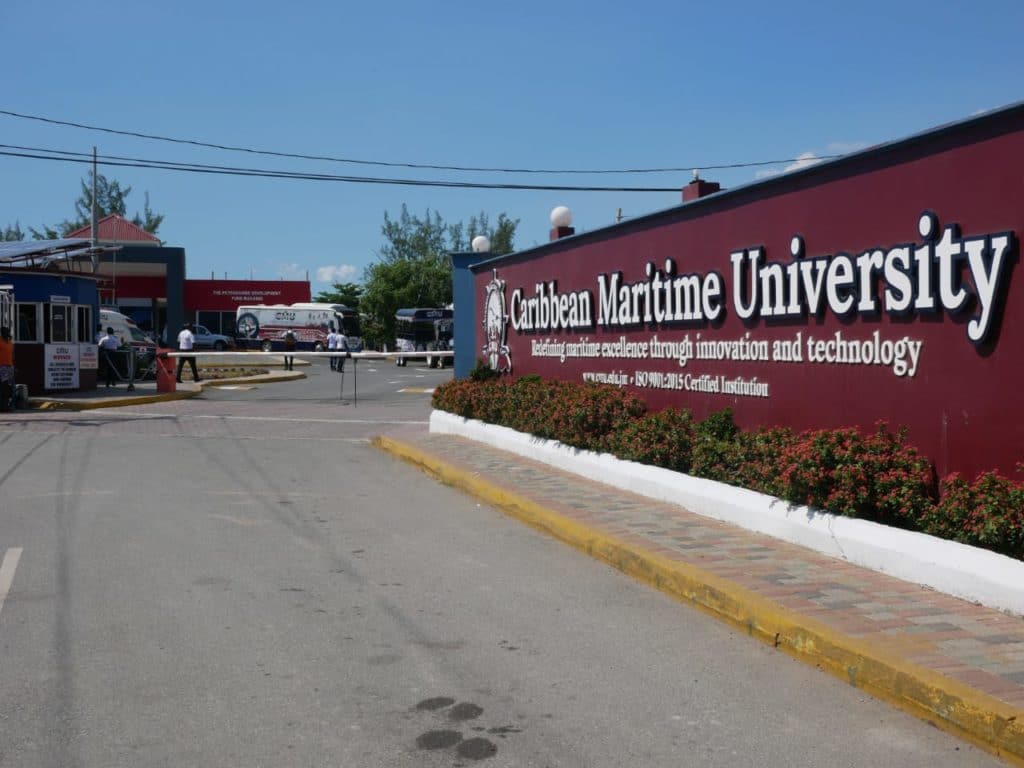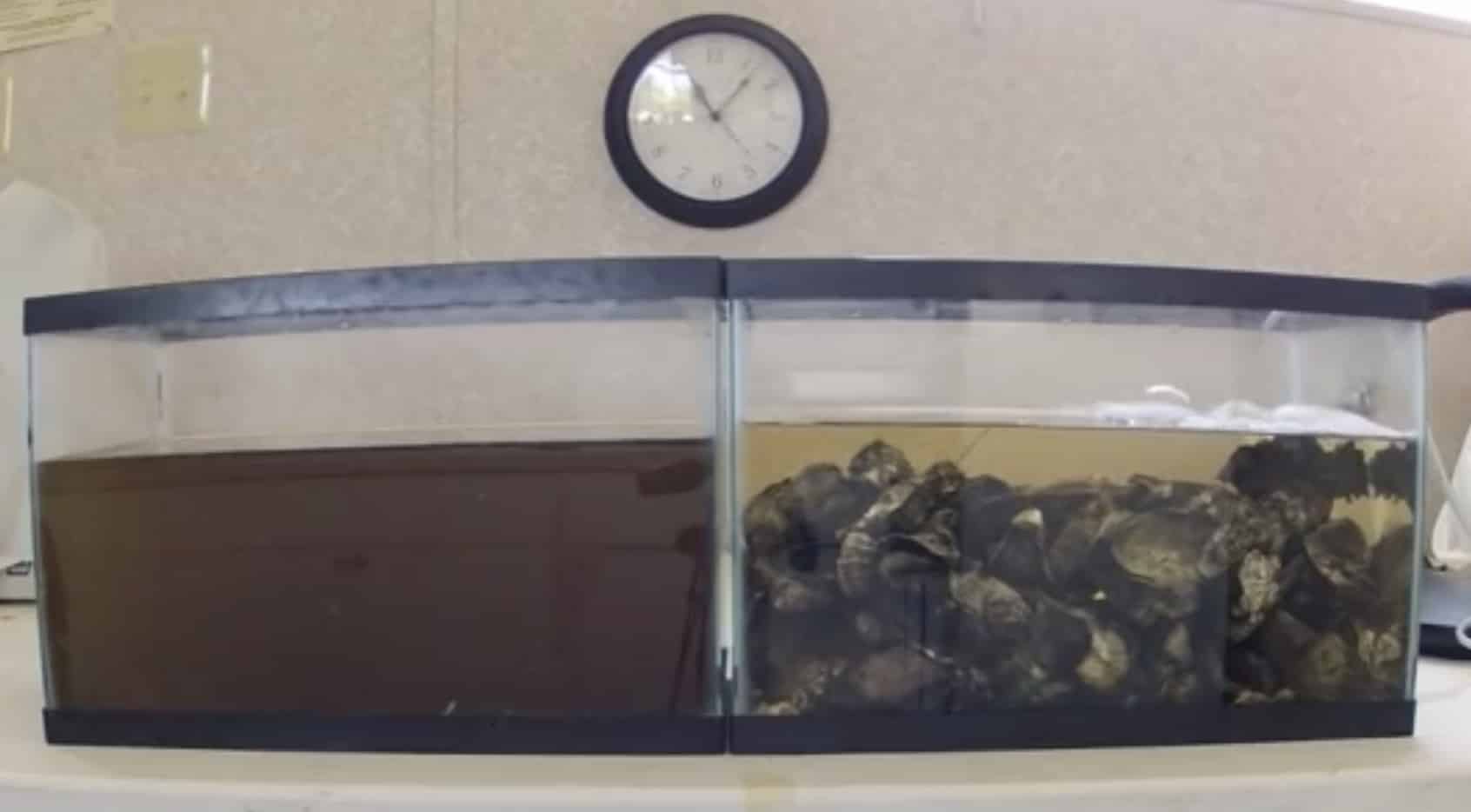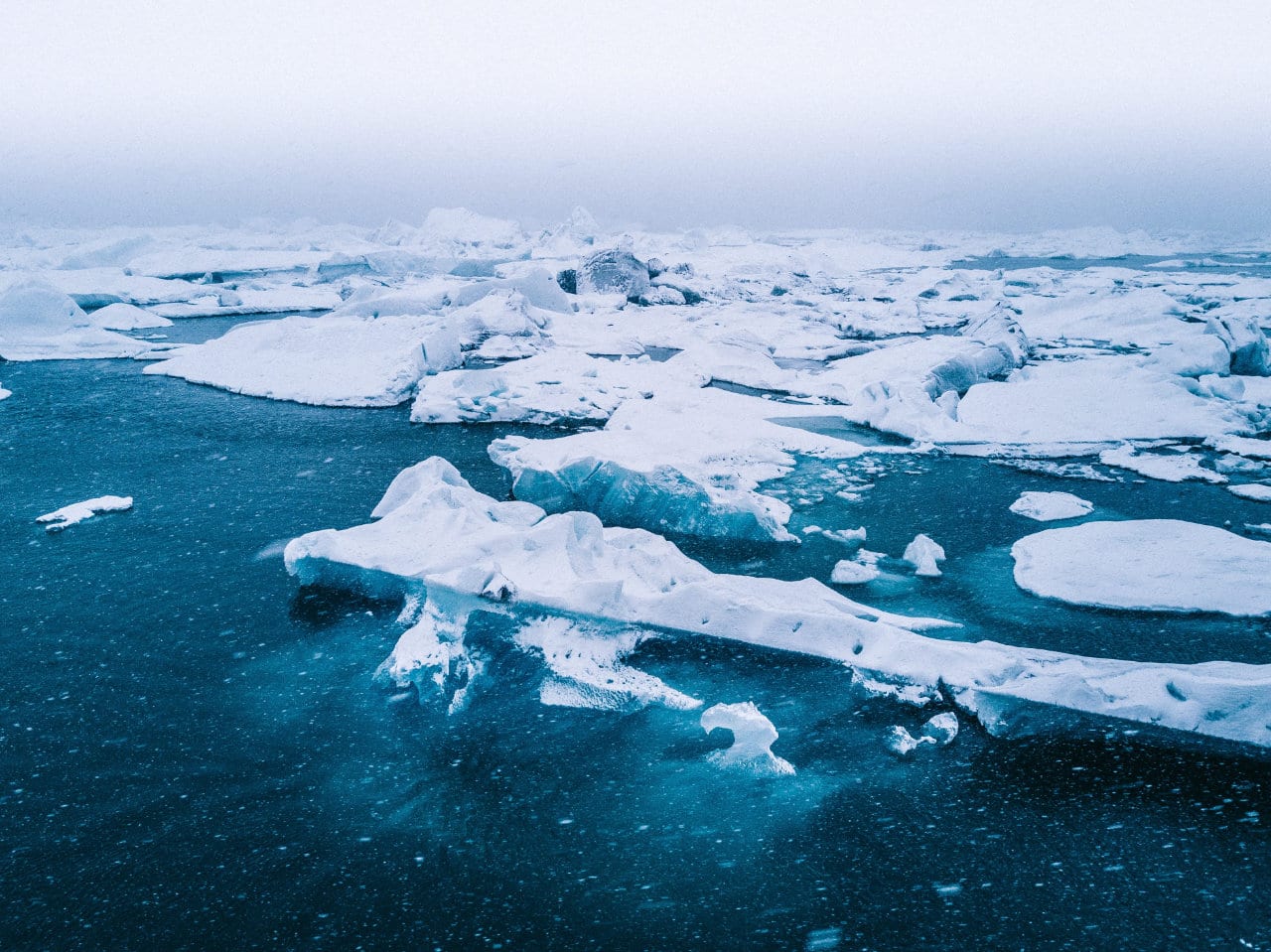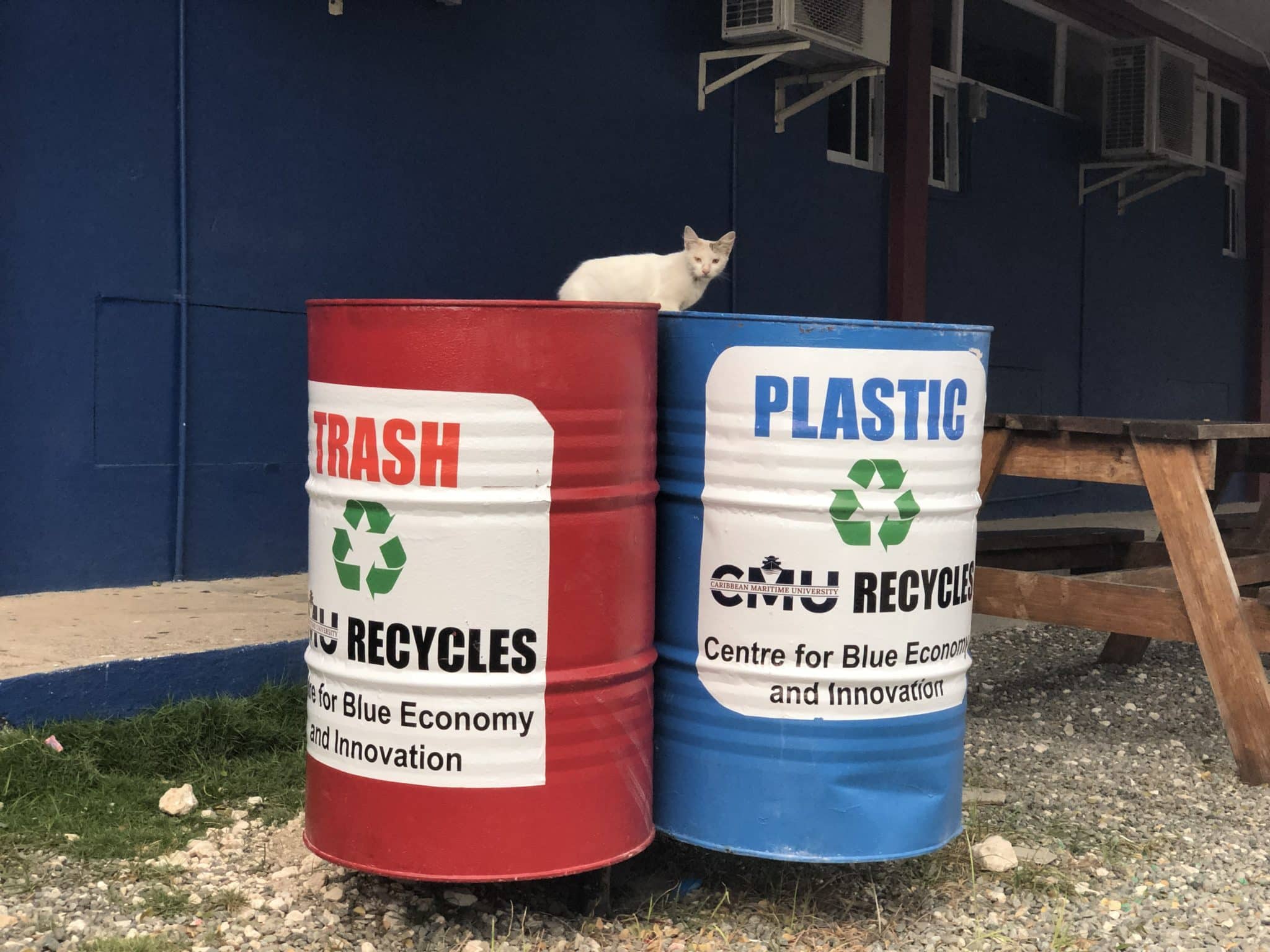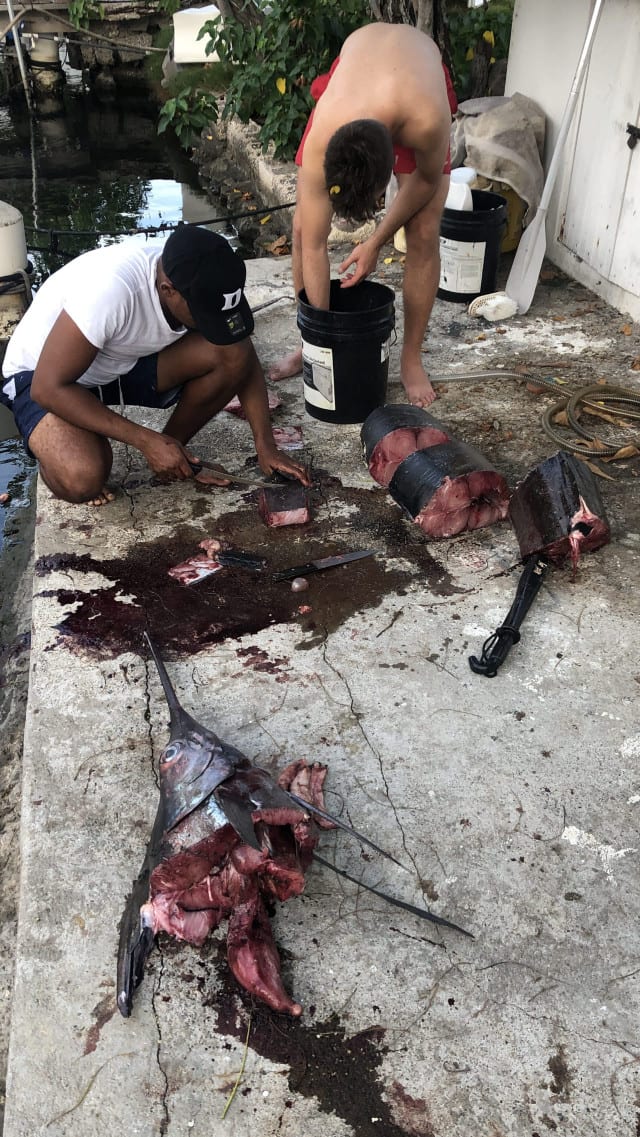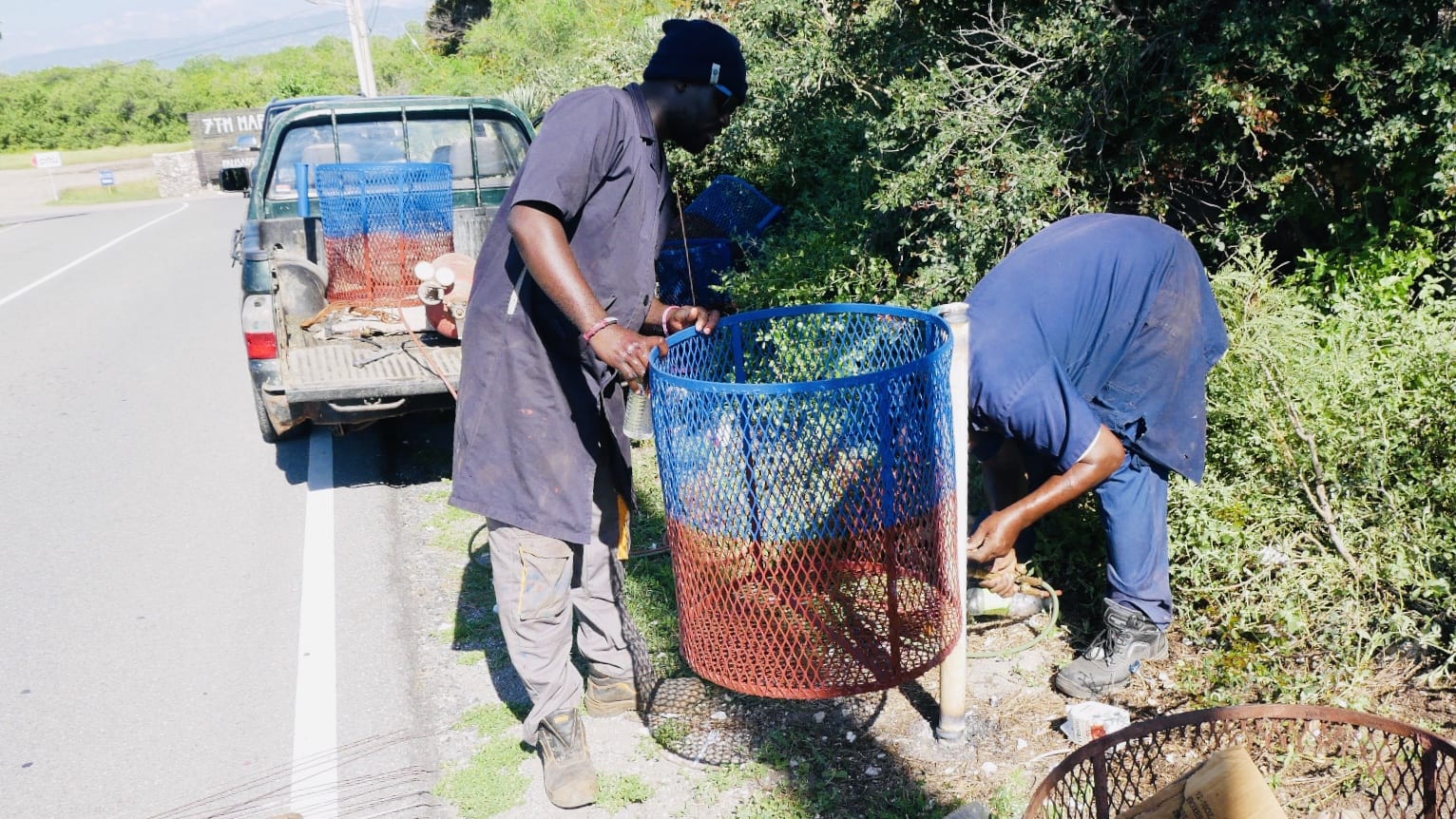COVID – 19 and the CMU – a personal view
Consequences and perspectives for the CMU Almost everywhere you can hear: “After Corona, nothing will ever be the same again.” This sentence still reflects the astonishment at how quickly and radically everyday life has changed. But I firmly believe that all this will be over someday. And then it will remain unforgotten how important such … Read more


